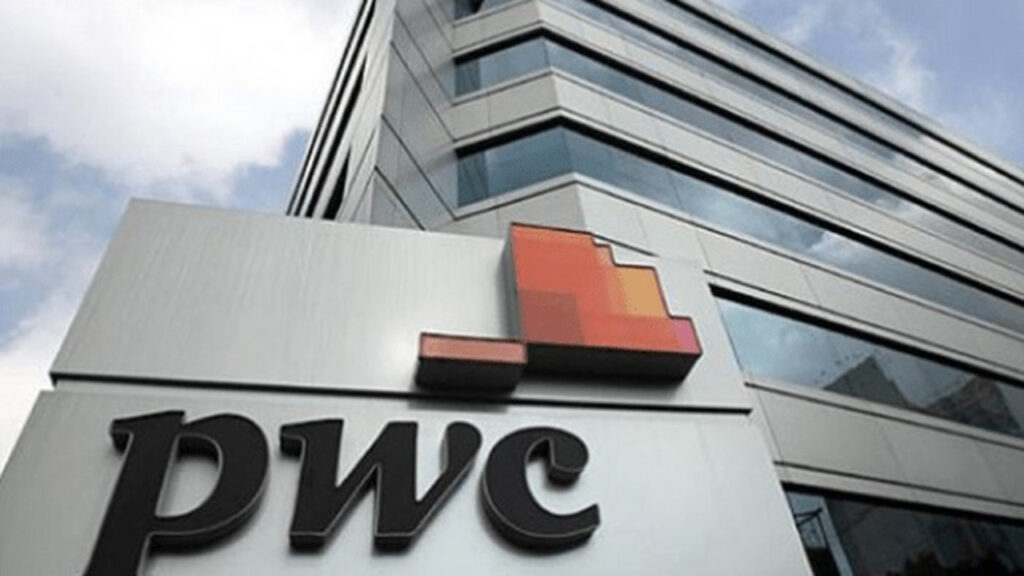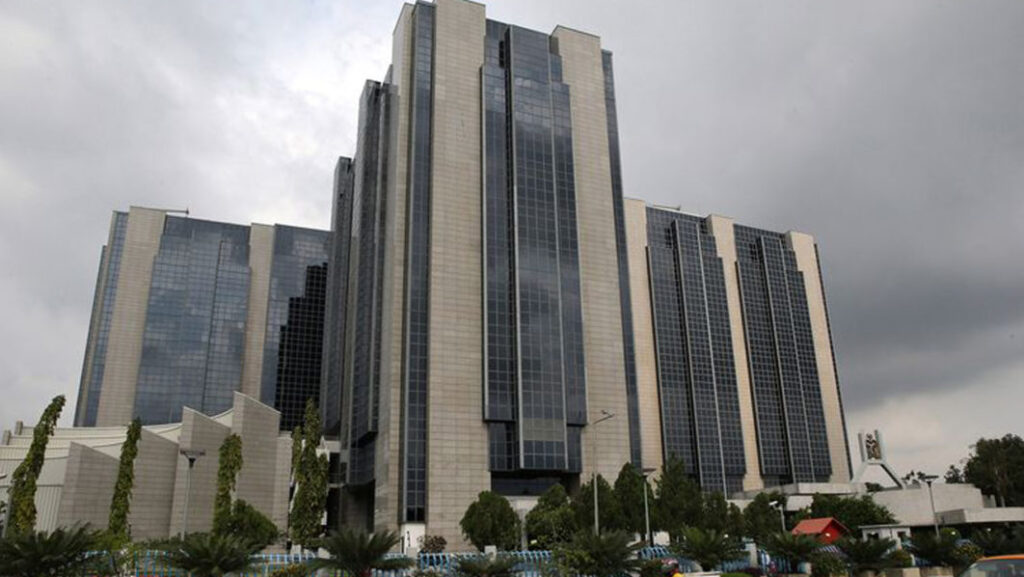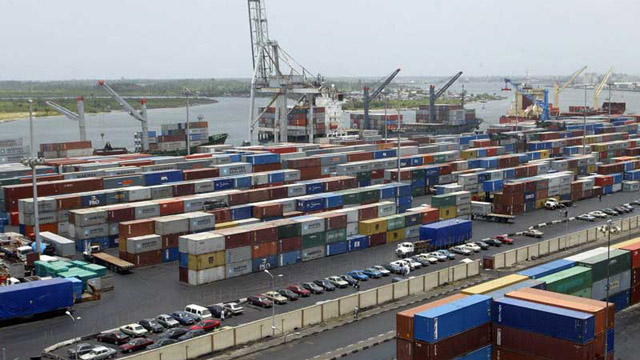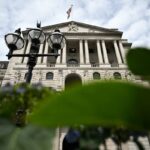•Canvasses more investment, flexible policies
PwC has projected a marginal decline in inflation to 29.5 per cent by the end of the year. This is expected to balance the effects of reforms, policy actions, external pressures and food prices under the current administration.
The headline inflation, according to the National Bureau of Statistics (NBS), was 33.95 per cent last month. But PwC in its report, entitled: ‘Nigeria Economic Outlook: Navigating Economic Reforms’, released at the weekend, noted that to cushion the current economic stress, the Federal Government should prioritise macro stability by addressing security, social, and pressure points of inflation, and exchange rate pressures.
The report, which also contained three broad considerations for the government, which are structured and focused policy, policy flexibility, and mitigation of policy’s impact, urged the government to mobilise capital to drive growth through market-focused policies, intensification of investment promotion; make short- and long-term sectoral bets focused on exports, domestic substitution and job creation.
PwC said government must drive fiscal prudence by optimising spending on capital projects with the highest ROI, rationalise public service spending and improving revenue diversification and collection efficiency.
It stressed that there should be policy flexibility, saying government should decide when and how to introduce, defer, sequence or stagger different policies based on current economic and social conditions.
PwC said government should adopt scenario planning before any major economic reform is implemented to avoid unwarranted policy reversals such as the cyber security levy.
According to the consulting firm, FG should ensure embed contingency plans within any economic policies during the planning phase. The report noted that there was a need for the implementation of intervention funding schemes to support businesses with low-interest loan programmes or credit guarantees to ensure businesses have access to affordable financing despite high market interest rates.
“Create social safety net programmes such as unemployment benefits and workforce development programs to absorb the job losses from business exits due to the economic pressure points.
“Government may reconsider any planned increase in selected taxes to alleviate the financial challenges and unlock liquidity of certain businesses being impacted by the economic pressure points,” it stated.
PwC warned that any further increase in taxes would cause a decline in reinvestment by firms operating in Nigeria and exacerbate corporate exits from the country.
According to the report, the impacts and implications of the reforms on businesses would include reduced revenue growth.
It said: “Inflation may erode revenue by reducing the purchasing power of consumers. This leads to low sales for businesses, which consequently impacts business revenue negatively.
“Higher production costs, import costs, and raw materials costs from the inflationary and exchange rate pressures are passed on to businesses. Naira depreciation is expected to drive up the cost of imported raw materials.
“The general rise in prices due to the removal of subsidies may increase expenses such as marketing, logistics, utilities, among others while high interest rates may lead to higher borrowing costs for businesses, making it more expensive to fund operations and investments.”
PwC observed that the broad economic growth outlook indicated that the country’s Gross Domestic Product (GDP) may grow marginally by 2.9 per cent on the back of sustained policy reforms although growth prospects may be limited by elevated economic pressures.
“Fiscal sustainability concerns may remain slightly elevated, given debt servicing costs, that is, 89 per cent of the budgeted fiscal deficit is to be financed by new borrowings,” the report said.













